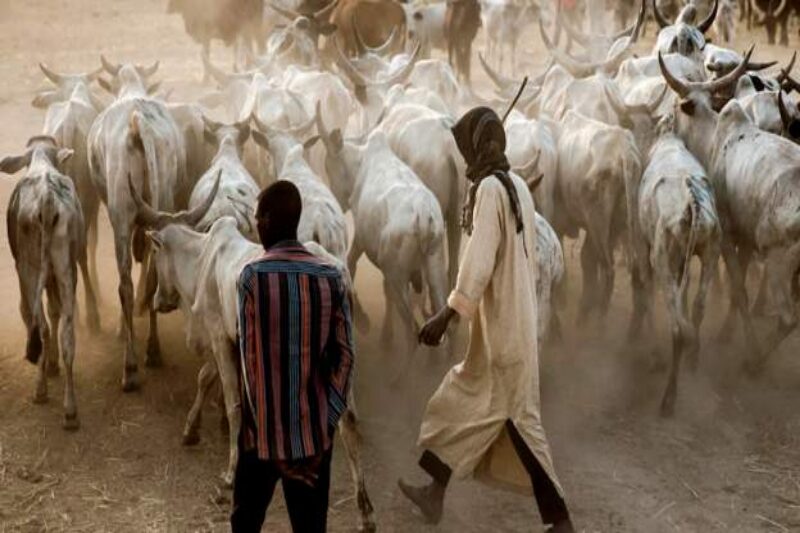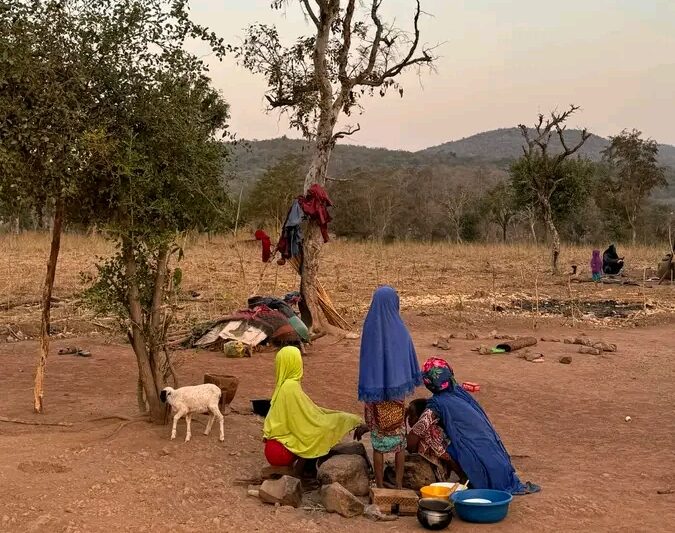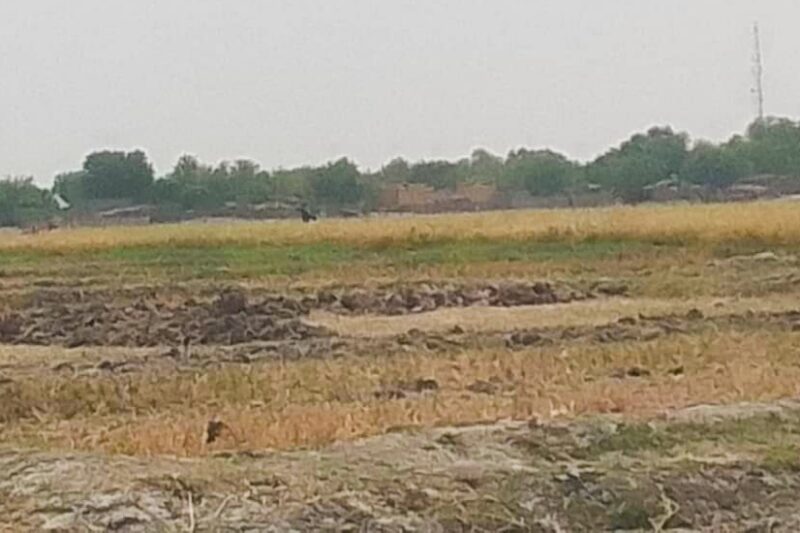Nigeria is on high alert and veterinarians across the country have started a vaccination campaign after a case of anthrax was confirmed on a mixed livestock farm in Niger State.
The Borno State chapter of the National Veterinary Research Institute (NVRI) said it had enough doses to cover all 27 local government areas and was ready to begin a statewide vaccination campaign once the government gave the go-ahead.
The federal government confirmed that the campaign began in Niger State on Saturday, July 22.
Ali Umar Gajibo, a veterinary doctor at the National Veterinary Research Institute (NVRI) in Borno, said anthrax is a deadly disease caused by the bacterium Bacillus anthracis. It can affect both humans and animals, including wild animals and livestock such as cows, pigs, camels, sheep and goats.
He said that the bacteria, which exist as spores, can be found in the soil, wool, or hair of infected animals. Anthrax spores are resistant to extreme conditions and can survive in the soil or environment for decades, making controlling or eradicating the disease very difficult. The spores are brought to the surface by wet weather, deep digging or when eaten by livestock or wild animals when they graze.
“The disease can be contracted by humans who come into direct contact with infected animals or contaminated animal products, such as meat, wool or hides. Anthrax may be contracted through the inhalation of spores, while cutaneous anthrax can result from contact with contaminated materials or through open wounds.”
Gajibo emphasised vaccination was the most effective preventive measure against anthrax in livestock.
“We are ready to conduct statewide vaccination once the Borno State government gives us the go-ahead. Right now, we are waiting for clearance from the government because we can’t carry out the mass vaccination without government approval.
“NVRI has produced adequate doses of the anthrax vaccines. We are liaising with the animal and fisheries ministry through the Director of Veterinary Services (DVS) to start the mass vaccination rollout before the deadly disease gets out of hand.”
He confirmed that proper security arrangements and measures were in place and the NVRI staff were ready to conduct the mass vaccination of livestock in the rural communities of the 27 local government areas, including remote and still insecure hard-to-reach places.
Alhaji Baba Gana Mamman, a livestock breeder in the Dikwa Local Government Area said anthrax was a deadly disease. He said he had first heard about it in 1991. He was extremely concerned that it had surfaced in Nigeria, adding that it was a major setback for herders and livestock breeders.
He urged the government to immediately commence the mass vaccination, especially in rural areas, such as Dikwa town, to prevent the disease from spreading to the other parts of the country.
Laminu Bukar, also a veterinary doctor at the NVRI in Borno, said that the signs and symptoms of anthrax included high fever, weakness, loss of appetite, bleeding from all body openings (nose, mouth, ears, anus), bloating, difficulty in breathing and bloody diarrhoea. In most cases death was sudden. The blood of an animal with anthrax did not clot on slaughter and there was marked bloating and quick decay.
Bukar said signs and symptoms in humans included fever, painless skin sores with a black centre that appeared after blisters, general body weakness and difficulty in breathing. It could also cause severe digestive illness that resembled food poisoning.
“People at risk of contracting anthrax are those who handle animals, such as veterinarians, veterinary laboratory workers, farmers, abattoir workers, butchers, cattle and other livestock breeders, traders, wildlife handlers, hunters, park rangers, meat processors, importers and exporters of hides and skin, animal health workers, as well those who consumed meat, bush meat or animal by-products such as skin [ponmo] and milk from sick or dead animals.”
He advised people to take precautions by using personal protective equipment, such as hand gloves, facemasks, goggles and boots when handling sick animals.
Yobe State has already commenced statewide vaccination against anthrax, targeting about seven million livestock for vaccination in four local government areas – Machina, Yusufari, Yunusari and Geidam – that border the Niger Republic.
According to ReliefWeb, a humanitarian information service provided by the United Nations Office for the Coordination of Humanitarian Affairs (OCHA), this was the first animal case to be reported in Nigeria since the beginning of the West Africa outbreak in Ghana in June.
It said eight animals had died suddenly on the mixed livestock farm in Niger State on July 13. Bleeding from external orifices of the animals had not clotted.
Samples were taken from multiple species on the farm for testing at the NVRI in Plateau State and were positive for anthrax.
Investigations were continuing to trace the source of the infection and to identify the spread to other farms and humans. Although human exposure had been reported there were no human symptoms or deaths so far.
ReliefWeb said the Federal Ministry of Agriculture and Rural Development (FMARD) and the Niger ministries of health and agriculture were working closely to identify, isolate and follow up on all exposed people.
FMARD was able to diagnose anthrax and provide early intervention within 48 hours of notification of suspected animal deaths from the disease. The Nigerian government, through the FMARD and the Nigeria Centre for Disease Control and Prevention (NCDC) and other health stakeholders, had put measures in place to ensure any outbreak of anthrax in the country was quickly detected, controlled and contained.
SHETTIMA LAWAN MONGUNO









